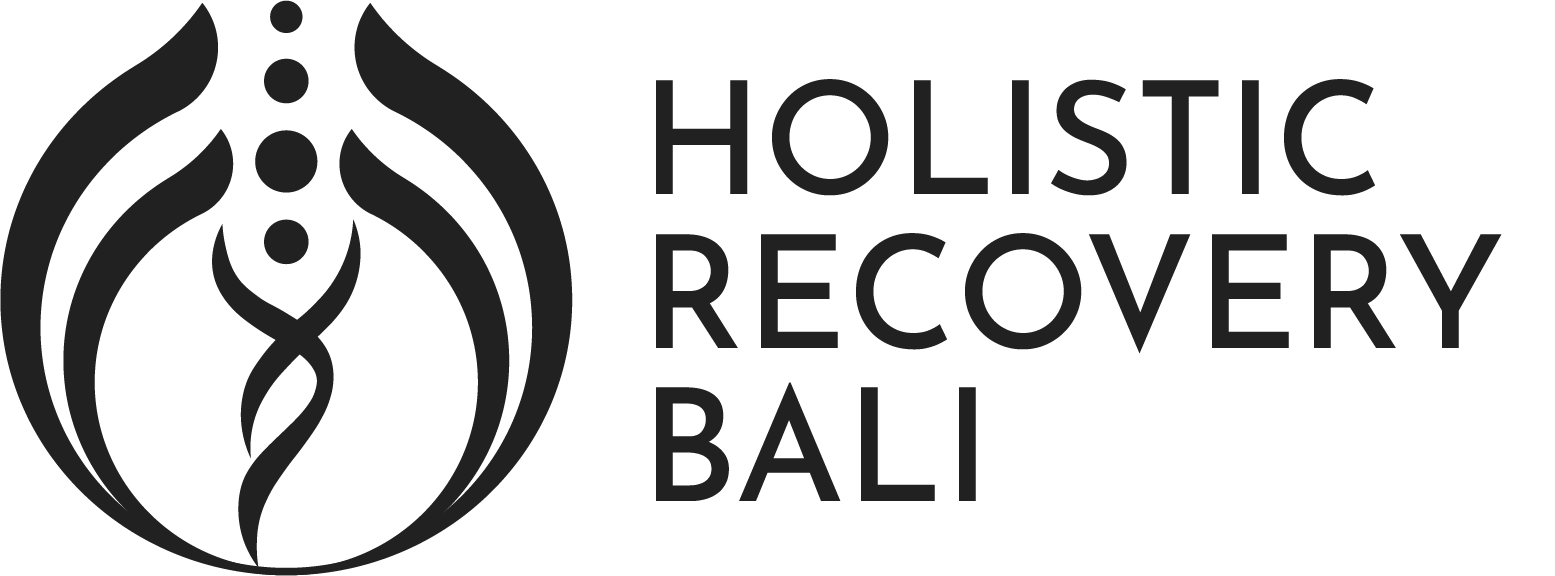Optimal Treatment Timeline for Rehabilitation
What is the optimal treatment timeline?
Our website like many others states we are a 28 or 60-day rehab. Although there is no real scientific evidence to back up the 28-day philosophy, in today’s environment, it is difficult for people to leave their lives for more than this.
Over the years, and around the world, we see a rise in numbers requesting longer than 28 day-stays, and we believe this is because individuals themselves already know that they are trying to change a lifelong habit, and a month in treatment just won’t cut it.
Kerry Nenn posted “Alcoholism, Detox and Drug abuse in 2016 stated that the trend of 28-day stays was initiated by insurance companies, and although no empirical evidence that this is enough, continued to be the norm of treatments world-wide.”
A “one-size-fits-all” 28-day programme simply won’t work for everyone.
In fact, research shows that, if there is a magic number, it is probably 90 days. Although it’s still not a perfect process, multiple studies have shown treatment that lasts at least 90 days is much more effective, resulting in far fewer relapses.
The National Institute on Drug Abuse (NIH) reports that both residential and outpatients lasting less than 90 days have limited effectiveness. The NIH recommends significantly longer treatment to produce long-term results.

The reality is many people attending treatment cannot simply stop their lives for longer than the 28 days, and if the research is to be believed, what happens then? With some people choosing to leave their countries and come to places like Bali to attend treatment – it is a big commitment, and choosing to do this for their lives is a massive undertaking. Do they learn enough, or understand themselves better by the time they leave the rehab?
One of the growing concerns that in countries such as Australia, New Zealand and the USA, the public rehabilitation process is a lengthy one. The wait list times can be anywhere between a month to six months and in some cases even longer.
If people have the means to leave their countries of origin to attend treatment, they have the ability to receive treatment a lot faster. Private rehabs in Asia are affordable, and provide the opportunity for people to receive treatment reasonably fast after first contact.
Treatment researchers have proved the dangers of waiting to enter treatment lowers people’s willingness and motivation, thus losing the initial drive they had to get help.
The one size fits all theory can also be detrimental for individuals entering treatment, as it can literally scare people into feeling coerced and controlled. Recognising clients and their journeys, their differences in how they got to treatment, their underpinning issues such as mental health is important and imperative. Enhancing people’s experiences in treatment, building self-esteem, helping people to find themselves, breaks the continuous cycle that addiction creates, giving hope and goals, and a life worth living.
For people in treatment, having a clear plan for their future, building their foundations with family and loved ones, and gaining momentum in their recoveries gives them a new start in their lives. Incorporating the support groups into their programme also instigating the idea of connection, that others have been where they are, and can connect with them on an empathetic level.

Bejerot, N. (1980). Addiction to pleasure: a biological and social-psychological theory of addiction, stated “It does indeed appear that the opposite of addiction is not sobriety, its connection”. That said, developing healthy interpersonal connections as a part of recovery and healing is not easy. It takes time, effort, and a willing support network. The good news is that we now know for certain that this type of recovery and social connection is possible — even for the most problematic of addicts.
Finding what works for each person, and wrapping the programme around them, ensures individuality, compassion and learning, which doesn’t everyone want? To be heard, understood and respected.
